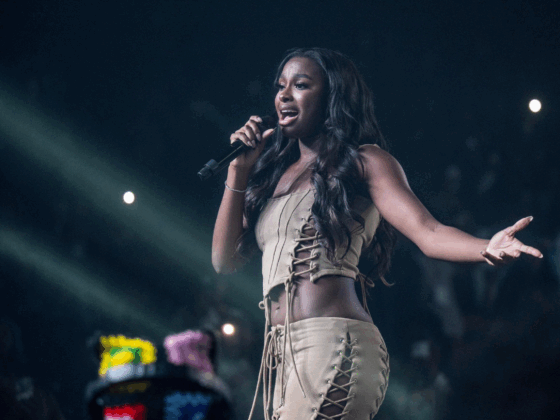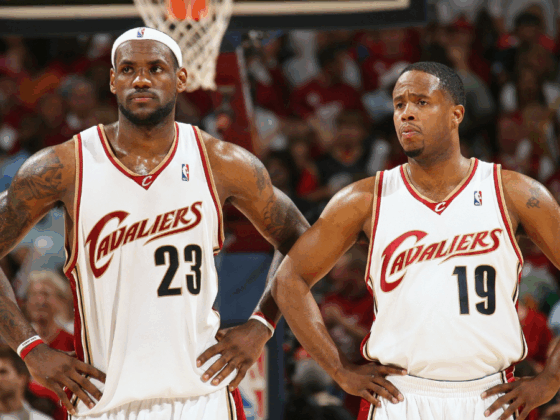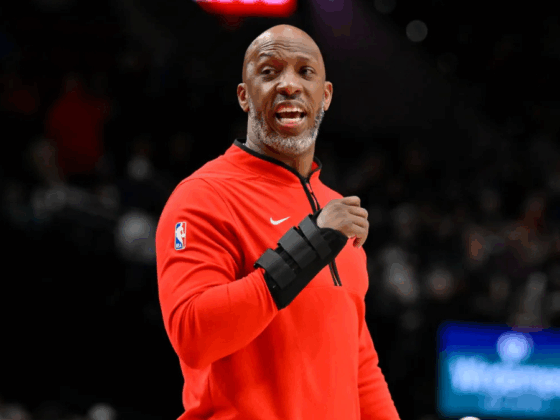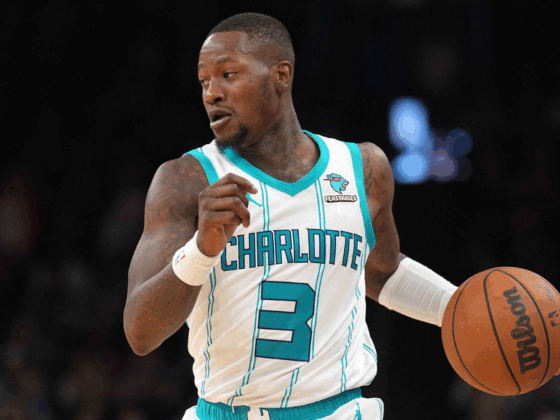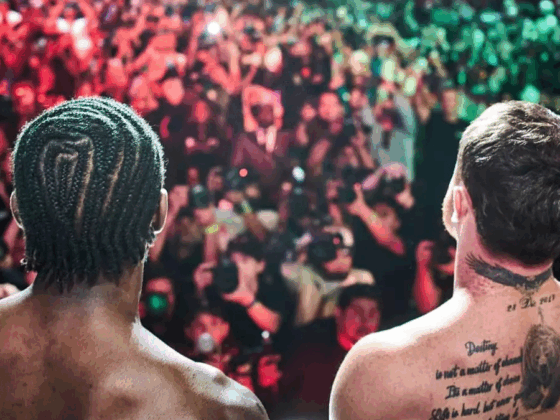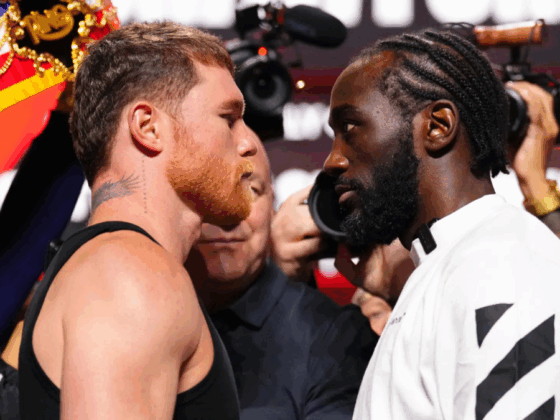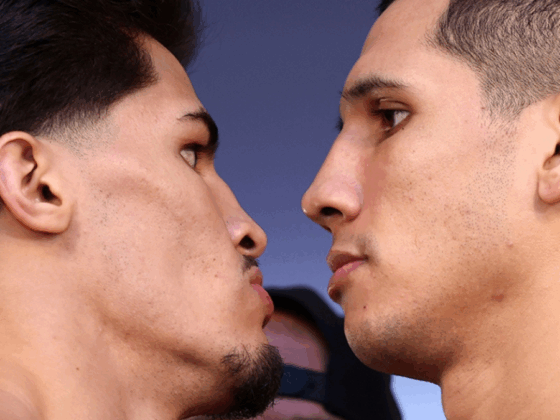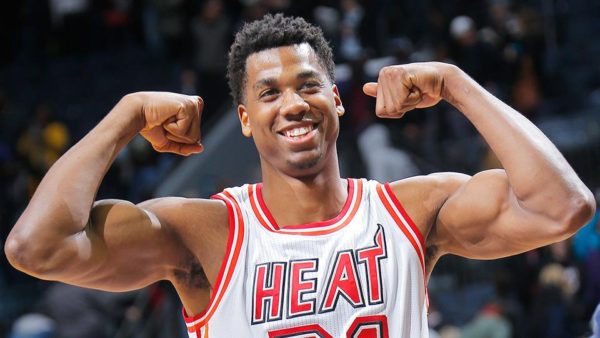
The NBA Developmental League was created in 2001 to carve out a minor league system for the NBA. Now, in 2016 the D-League is experiencing rapid change and growth, and is becoming exactly what the NBA would hope it could turn into.
From DLeague.NBA.com
The NBA Development League, also known as the D-League, is a professional basketball league that was created to help players achieve their dreams of playing in the NBA. Currently, 17 teams make up the league, with a record 14 one-to-one affiliations with NBA clubs. The affiliation is important to NBA organizations because it allows them to send younger, typically less experienced players to their D-League affiliate, where the players can take advantage of increased experience and playing time.
The D-League now has 19 teams, all with single team affiliation. There will be multiple teams joining the league next season. The league gives players who have aspirations of playing in the NBA but haven’t reached those goals yet. It’s a chance for them to develop their game, with the chance to earn a roster call-up from an NBA team.
The D-League has provided something great not only for the teams and players involved with in it on a day-to-day basis, but the NBA itself.
To further understand how valuable the NBA D-League is, I spoke with Chris Reichert of Upside Motor at Fansided. He was able to explain perfectly why the D-League is and will be forever important to the NBA.
“The D-League is steadily growing, both organically and in its importance as a vessel for development for NBA clubs,” Reichert said. “NBA teams are utilizing this resource more than ever. The D-League had a record high 195 call-ups in the 2014-2015 season. Fast forward to the 2015-2016 season, and there was over 300 call-ups.
The D-League is growing, and it is growing fast.
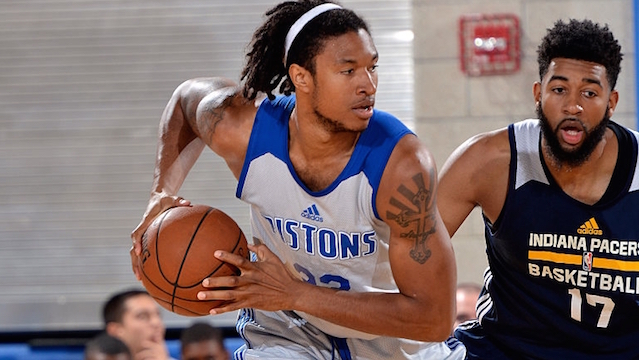
In the D-League, players are given a chance to develop and play meaningful minutes, rather than sitting on the bench of a NBA team or just be out of the league overall. Draft picks made by NBA teams have been able to get live-game action down in the minors, further developing their talents, or for others, it is the beginning of their careers. For Justin Harper, the D-League was exactly that, his beginning.
“You have to start somewhere,” Harper told me in February.
Harper was a 2nd round pick in the 2011 Draft. After spending a season with the Orlando Magic, he was waived by them before the start of the 2012-2013 season. Harper mentioned that he was able to improve with the help of his coaching staff in the D-League. He played for the Los Angeles D-Fenders, who recently lost in the D-League Championship game.
Harper was called up by the Detroit Pistons twice during the season, and was nearly signed to an extension before the Pistons decided to add another point-guard to the roster.
Many people have started their careers in the D-League and have been able to find success in the NBA. Jeremy Lin and Hassan Whiteside are two examples of just how beneficial the D-League can be. Lin has been a great player off the bench for the Charlotte Hornets, while Whiteside has played at a near all-star level caliber all season. Matt Barnes, Marcin Gortat, and Danny Green are other notable players to jumpstart their careers in the NBA’s minor league. Many of the rising stars in the NBA have played in the D-League as well. A number of guys like Danny Green, C.J. McCollum, Reggie Jackson, Eric Bledsoe and Khris Middleton have all spent time in the D-League during their careers.
The D-League also featured a comeback from Baron Davis. The former NBA All-Star came back to basketball by joining the NBA D-League Delaware 87ers in an attempt to be on a NBA team for the first time since his devastating injury with the New York Knicks in 2013. Davis felt that joining the D-League was his best avenue to get a shot from a team. He came into his first game and made some noise right from the jump. Also, Jimmer Fredette made a brief appearance on the New York Knicks this season after a successful D-League stint.
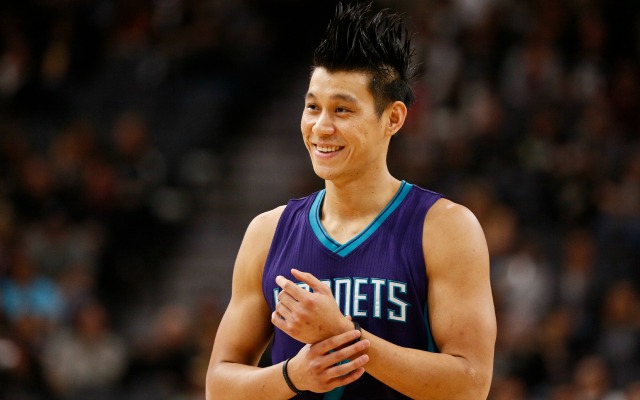
The NBA D-League is far more beneficial that it has been noticed to be. It has changed the way teams draft, whether players decide to stay in the U.S. or go overseas, and created storylines that the NBA fanbase loved.
In the future, teams could have three draft picks in the NBA Draft because of the NBA D-League. If each NBA team eventually adds a D-League team to their franchise, they will have the ability to draft players with the specific mindset to use them in the D-League, giving them a chance to play and develop. Giving teams a third draft pick in which they must draft a player and have him play in the D-League would be good not only for the players and teams, but for the NBA fanbase as well. This could entice fans into watching the D-League team that the player plays for. This would be beneficial especially for players who are considered “projects.” Doing this would also keep talent from moving overseas. This idea could be a very interesting experiment for the NBA, and it is something that they should look into doing.
With the way the NBA D-League is headed, fans will witness many more D-Leaguer’s rise into NBA stardom. Who will be next?
